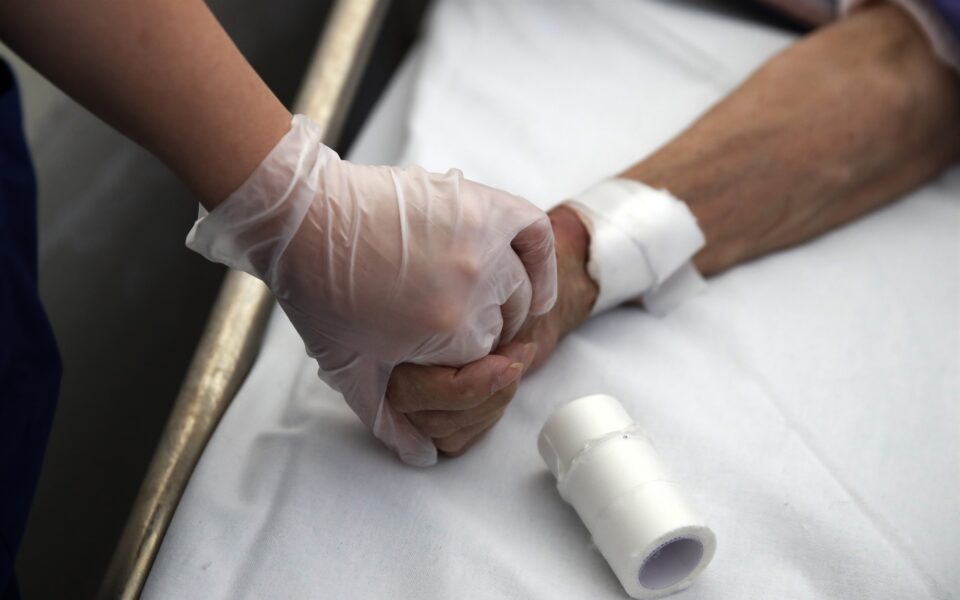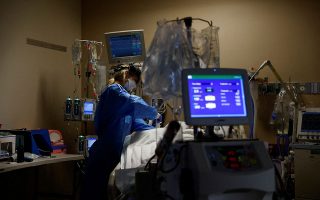Alone in a public hospital

Intense heat. Unbearable, suffocating heat. Windows are open, yet not a hint of breeze enters. Or so I believe. A hospital room with just three beds (fortunately). To the left of my relative, an elderly woman, her eyes usually shut. Her eyelids seldom rise, but when they do, does she look at me? Right when I’m sure she does not acknowledge my presence, she lifts her hand and offers a greeting. Then, she yields to neglect once more. For the past two days, aside from the nurses, no one has approached her bedside. The attendants arrive, leave food, and retrieve it untouched. “How long can someone endure without sustenance?” I find myself pondering.
On the right, another elderly woman appears entirely disconnected from her surroundings. She calls out for her mother multiple times a day, beckoning her to provide care. But then, as disappointment sets in, she abruptly falls silent. Yesterday, the nurse managed to offer her two spoonfuls of cream pudding, but there’s no time for more. Someone always needs something.
In the middle, my own relative. At least they have me. I contemplate how to juggle being here and elsewhere simultaneously. I can’t leave, yet I can’t remain either. Work, my child and life beyond this place demand my participation.
The entire tertiary healthcare system hinges on networks of devoted loved ones and relatives who tirelessly, laboriously and selflessly support their beloved
These scenes are real. In every public hospital at least, when someone requires hospitalization, if they aren’t young and able enough to manage independently (a challenging combination for a hospital patient), their destiny, to a significant extent, relies on their partner, relatives and friends. Without any of them, the probability of their leaving the hospital alive dwindles dramatically.
The entire tertiary healthcare system hinges on networks of devoted loved ones and relatives who tirelessly, laboriously and selflessly support their beloved. The most commonly heard phrase in a public hospital is “Please clear the corridor for the patients to pass through.” The corridors become impassable due to the companions and attendants of the patients.
They feed, help change clothes, insert thermometers, monitor vital signs, transport documents and samples to the labs, engage in disputes when necessary, or even when unnecessary. Unpaid support staff around the clock.
As statistical data illustrates, the count of elderly (or not) individuals living alone will persistently increase as we bear fewer children and the average lifespan extends. The responsibility of caring for those who are ill and incapacitated rests on the shoulders of the public healthcare system – or, at least, it should.





